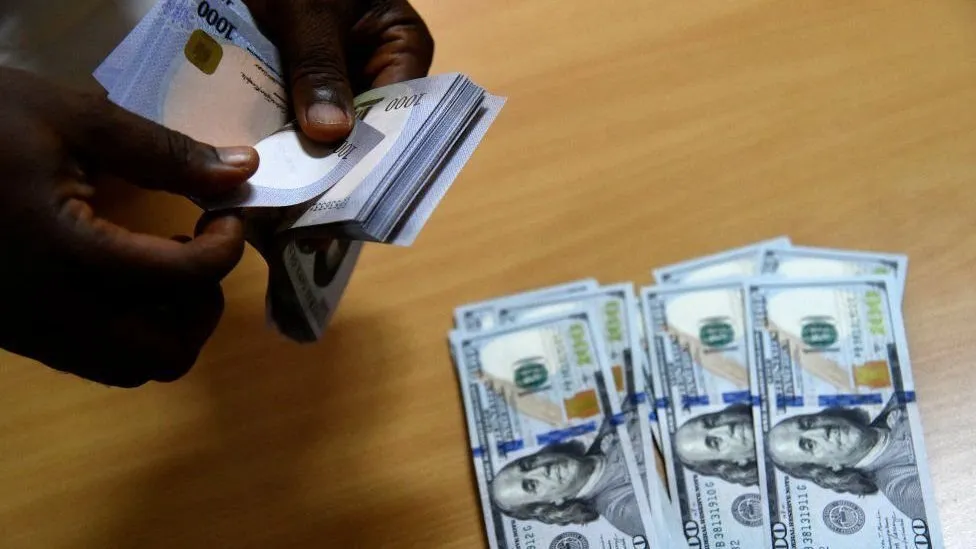On January 9th, 2024, the Nigerian Naira experienced a significant decline, closing at N1,089.51 per dollar in the official market. This represents a notable depreciation of 27.19% compared to the previous closing, raising concerns about the currency’s trajectory in the new year.
This marks the fourth time the Naira has breached the N1,000/$ threshold, indicating a persistent trend of weakness. Previous instances occurred on December 8th, 2023 (N1,099.05 per dollar), December 28th, 2023 (N1,043.09 per dollar), and January 3rd, 2024 (N1,035.12 per dollar).
Despite efforts by the Central Bank of Nigeria (CBN) to bolster the foreign exchange market through interventions, the currency’s downward trend persists. This raises concerns about potential impacts on inflation, household budgets, and business operations.
The Naira’s depreciation is likely to exacerbate existing inflationary pressures and strain household budgets, especially for those relying on imported goods. Businesses, both large and small, may face challenges in maintaining profitability due to potential increases in production costs.
At the close of business, data from the Nigerian Autonomous Foreign Exchange Market (NAFEM) showed the Naira depreciating by 27.19% to close at N1,089.51 to a dollar. Forex turnover at the official NAFEM window increased by 63.34% to $97.45 million.
Meanwhile, the parallel forex market reported a flat exchange rate, quoting N1245/$1, and peer-to-peer traders quoted around N1239.45/$1.
Manufacturers in Nigeria anticipate challenges due to the forex crisis and high inflation until mid-2024, with average capacity utilization expected to linger around 50%. The Manufacturers Association of Nigeria (MAN) has called for government intervention, emphasizing an overhaul of the power sector, prioritization of forex and credit allocation to manufacturers, and incentivizing investment in renewables for electricity generation.


